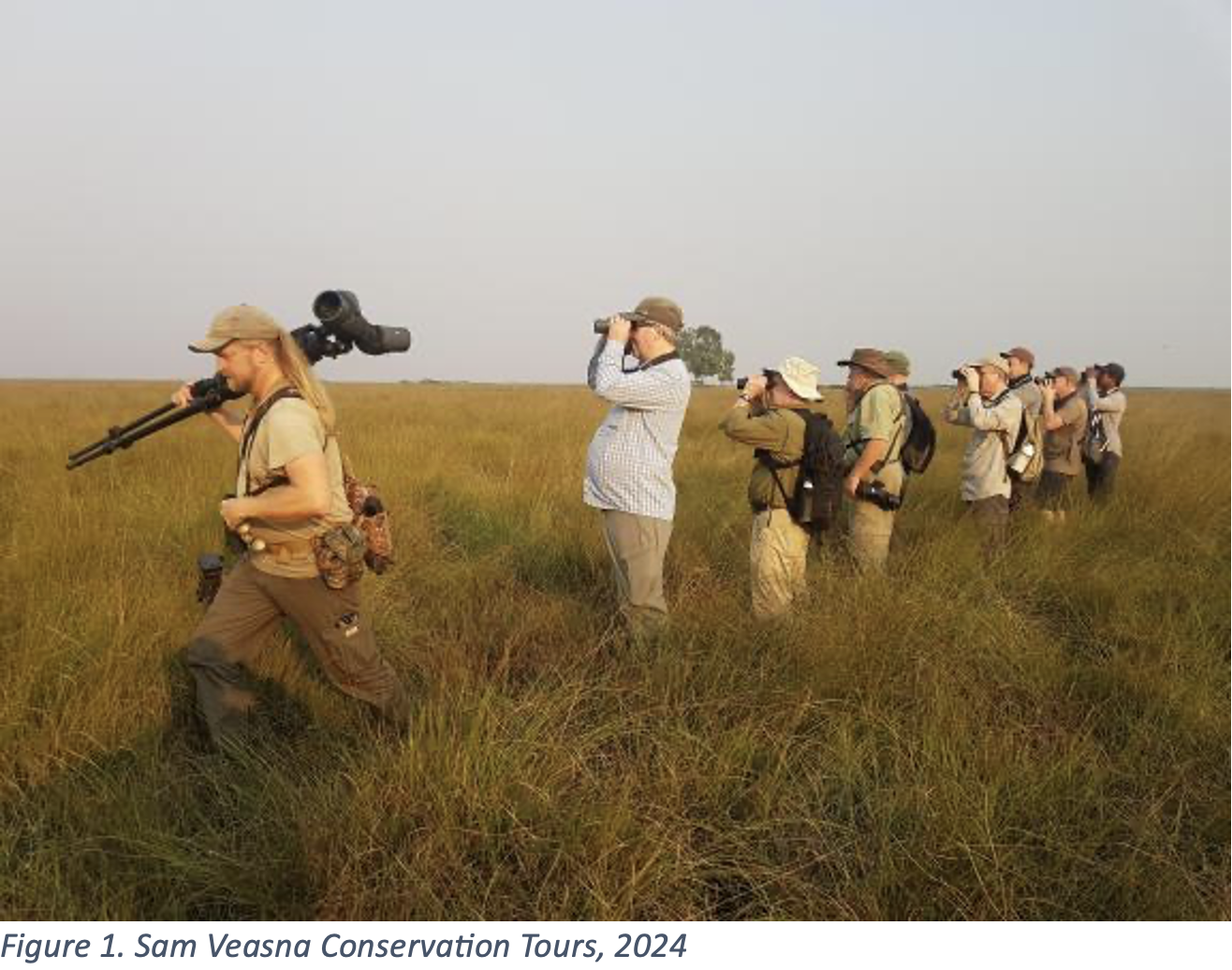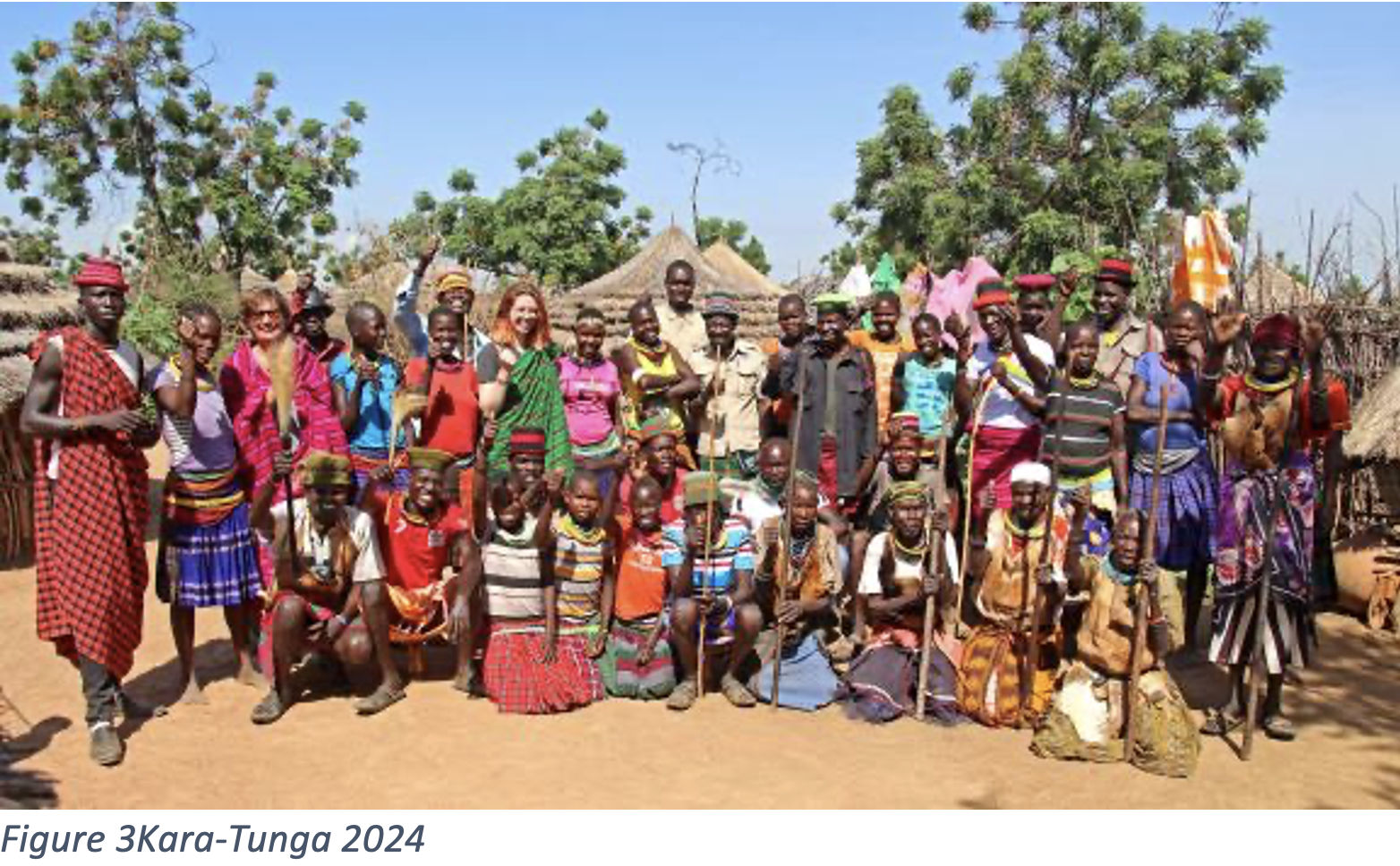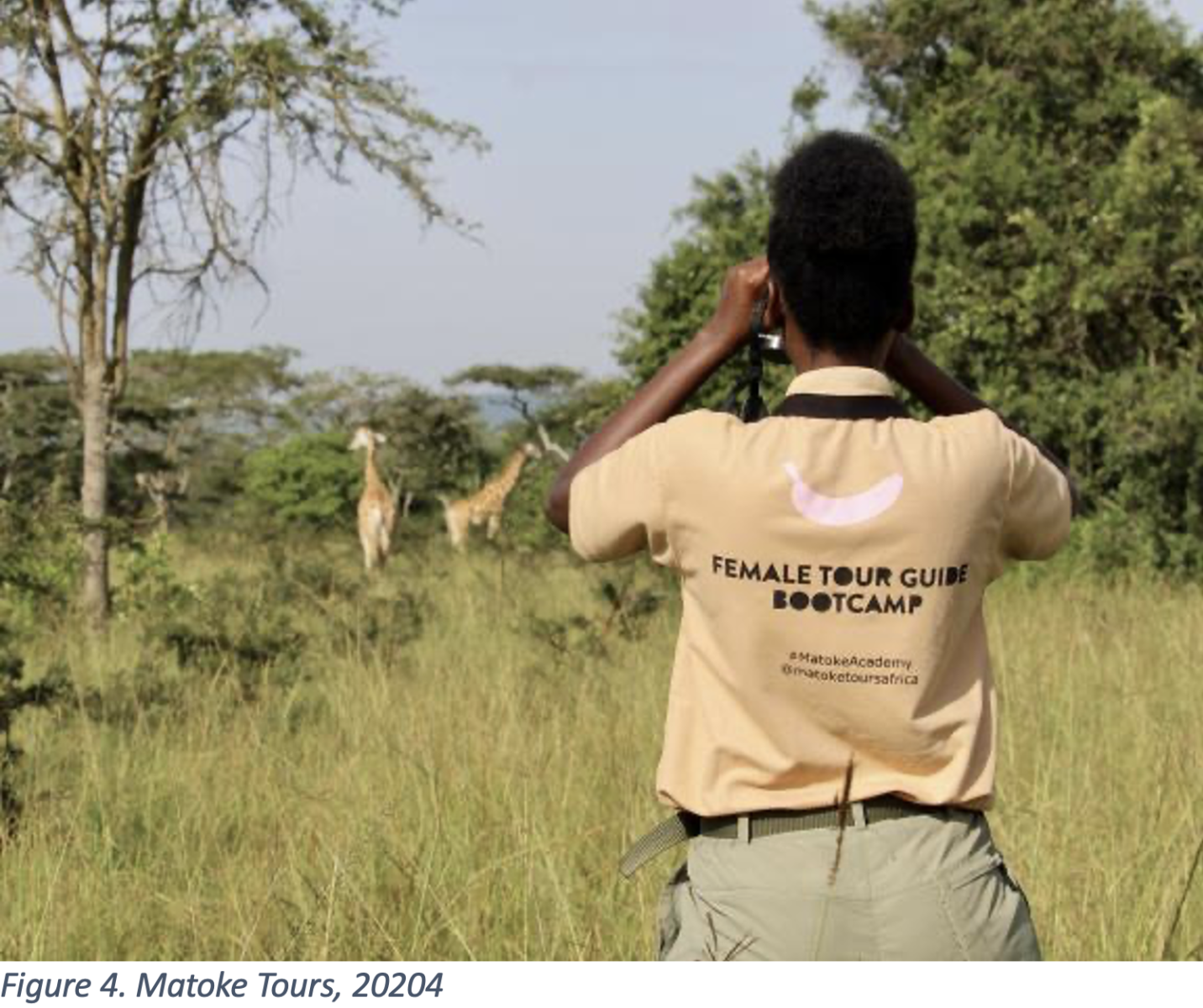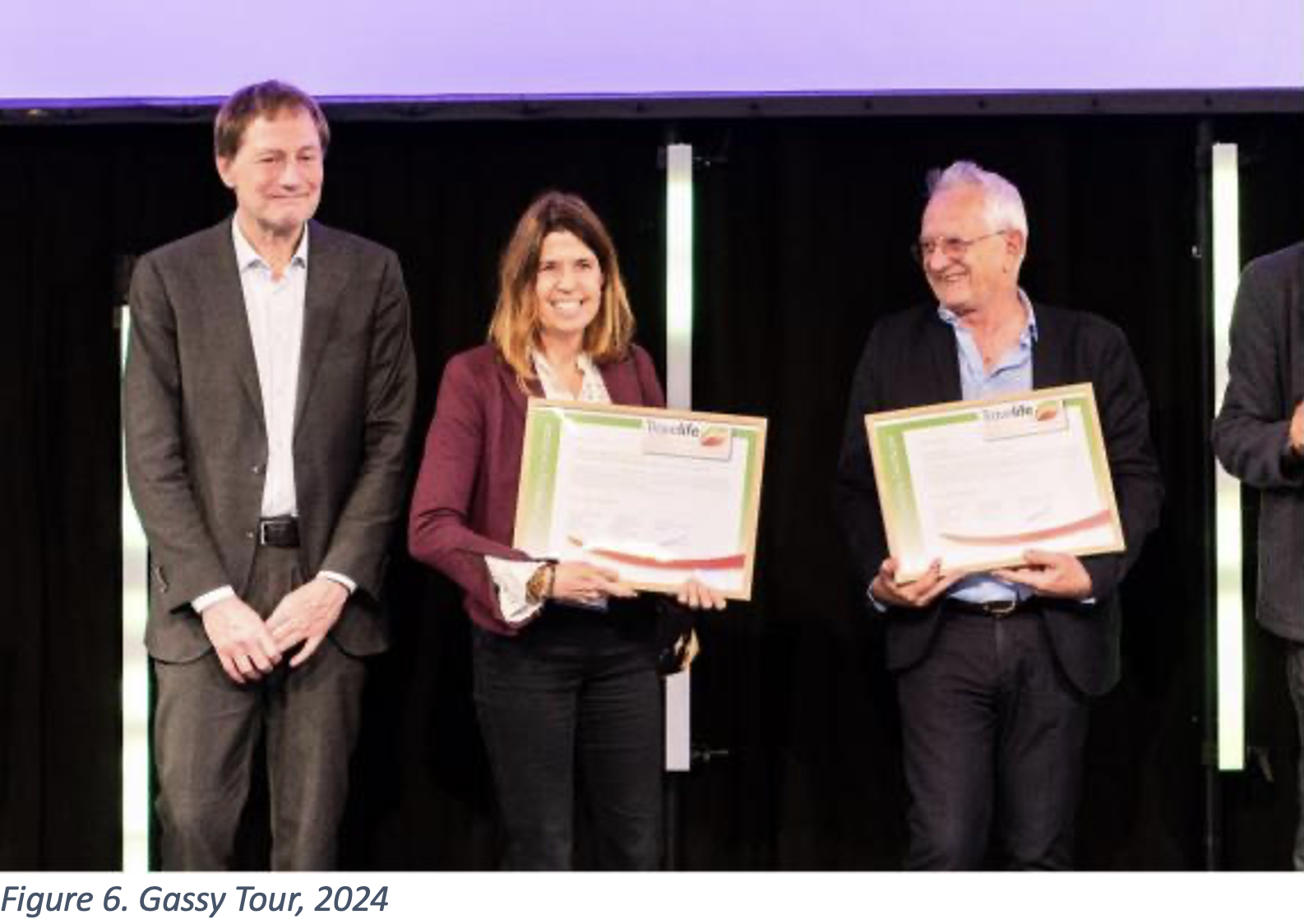Inbound tour operators are uniquely positioned to make a difference. By collaborating with suppliers, tailoring marketing strategies to attract eco-conscious travellers, and guiding clients toward meaningful, sustainable choices, they can spearhead change.
Adopting sustainable practices isn’t just about preserving the planet—it’s about creating richer traveller experiences, celebrating local cultures, and ensuring long-term business success. Here’s how operators can embrace sustainability, guided by the principles of the United Nations Sustainable Development Goals (SDGs) and actionable strategies that work.
1. Leveraging the United Nations Sustainable Development Goals (SDGs)
The SDGs provide a universal framework for measuring and achieving sustainability impacts. For tour operators, aligning with these goals is a valuable way to assess their contributions to global sustainability efforts. With tourism playing a vital role in addressing these objectives, operators should familiarise themselves with the SDGs and evaluate how their practices align with them. This alignment helps meet the rising demand for responsible travel while driving meaningful, measurable impacts for destinations.
By focusing on goals like Climate Action (SDG 13), Decent Work and Economic Growth (SDG 8), and Responsible Consumption and Production (SDG 12), operators can respond to the rising demand for responsible travel while creating meaningful, measurable impacts for destinations.
Our work
At Acorn Tourism, we provide the market insights and expertise operators need to align their practices with the SDGs. Every project we implement supports at least two SDGs, ensuring that our work drives measurable environmental, social, and economic benefits.
In addition to tailored project work, we have produced an extensive range of guides specifically designed for SMEs, helping them adopt sustainable practices and align with global sustainability goals. These guides cover topics such as community-based tourism, nature and ecotourism, cultural tourism, and tips for becoming socially responsible suppliers. By equipping SMEs with practical tools, we ensure that businesses of all sizes can contribute to achieving the SDGs
By tailoring strategies to meet local challenges and opportunities, we help tour operators adopt sustainable practices that resonate with eco-conscious travellers, strengthen community development, and contribute to global sustainability efforts.
Global Inspiration
Sam Veasna Conservation Tours demonstrates how ecotourism can balance environmental conservation with community development. By working with 15 communities across Cambodia’s wildlife-protected areas, the operator employs locals as guides, cooks, and housekeepers, ensuring tourism directly benefits the community. Visitors pay conservation fees of US$20 to US$40, which fund village development projects, conservation activities, and infrastructure improvements.
Over the past 18 years, the company has generated nearly US$380,000 for community and conservation efforts, including the protection of over 500 nests of threatened birds annually in the Northern Plains, one of Southeast Asia’s most biodiverse regions. Their collaboration with NGOs like the Wildlife Conservation Society has helped stabilise populations of the endangered Bengal florican in protected areas.
By connecting local communities with sustainable tourism, Sam Veasna Conservation Tours illustrates how tourism operators can align their practices with the SDGs to drive environmental preservation and create tangible benefits for people.
2. Championing Environmental Stewardship
Preserving natural environments is essential for the future of tourism. Operators can lead the charge by implementing strategies such as:
-
Reducing Waste: Promoting reusable alternatives to single-use plastics.
-
Carbon Management: Offering low-emission travel options and partnering with eco-certified accommodations.
-
Protecting Biodiversity: Supporting conservation projects to safeguard ecosystems.
Our work
In Tanzania, Acorn Tourism conducted a tourism market research study to evaluate key international source markets and identify emerging trends. The research focused on developing strategies to attract high-value, low-impact travellers, supporting Tanzania’s ambition to position itself as a sustainable and competitive tourism destination.
Global Inspiration
Eternal Landscapes is a social travel enterprise in Mongolia that creates positive environmental and social impacts while limiting tourism’s carbon footprint. Aware of the climate-related challenges Mongolia faces, including decreasing rainfall and drought, the operator has taken a leading role in measuring and reducing carbon emissions associated with its trips.

Using Carmacal, an online carbon calculator, they measure emissions from transportation, accommodations, meals, and tour activities to understand and mitigate their environmental impact. Eternal Landscapes deliberately limits internal flights, instead designing low-carbon hiking, horse trekking, and biking itineraries that celebrate Mongolian culture. They also provide tools like the Atmosfair index to help travellers make more informed, sustainable choices when booking international flights.
Beyond environmental stewardship, Eternal Landscapes prioritises community engagement and women’s empowerment. All guides are Mongolian women, while male drivers come from local communities. The company also forms long-term partnerships with rural families to ensure they directly benefit from tourism. In recognition of these efforts, Eternal Landscapes received the Equality in Tourism award at ITB 2024.
Another example is SimienEcoTours in Ethiopia provides a global inspiration by minimising internal flights and introducing biking holidays, demonstrating how low-impact travel experiences can resonate with eco-conscious travelers. Similarly, Eternal Landscapes in Mongolia integrates biodiversity conservation into its itineraries, offering a model for operators committed to protecting fragile ecosystems while delivering meaningful travel experiences.
3. Preserving Cultural Heritage
Sustainable tourism isn’t just about the environment—it’s also about protecting the cultural heart of destinations. Operators can:
-
Co-create experiences with local communities to celebrate traditions.
-
Educate travelers on the significance of cultural landmarks.
-
Support artisans by incorporating locally made crafts into itineraries.
Our work
In Belize, Acorn Tourism supported the development of tourism corridors to strengthen the country’s cultural and natural assets. The project focused on enhancing the visitor experience along these corridors by showcasing Belize’s rich cultural heritage and diverse ecosystems. By engaging local stakeholders, the initiative aimed to promote sustainable tourism practices that directly benefit communities while preserving the unique cultural and environmental character of Belize.
Global Inspiration
Kara-Tunga Tours in Uganda exemplifies how tourism can preserve cultural heritage, empower communities, and protect biodiversity. Located in the Karamoja subregion, once inaccessible due to conflict, Kara-Tunga was established to improve livelihoods and celebrate the region’s traditions.
As a Ugandan social enterprise, part of its proceeds supports the Kara-Tunga Foundation. The organisation also operates eco-camps and lodges near five key biodiversity areas, using a revenue-sharing model to fund community development and conservation. In 2023 alone, Kara-Tunga achieved significant impacts:
-
Engaged 75 people in employment.
-
Paid over $14,000 directly to community groups and guides.
-
Empowered 102 farmers to plant 51,635 trees.
-
Trained 637 people in conservation enterprises.
By co-creating tours with local communities, Kara-Tunga restores pride in Karamoja’s cultural heritage while supporting conservation and sustainable livelihoods. It’s a powerful model of tourism driving both cultural preservation and community resilience.

Another great example is Matoke Tours who has been a leader in Uganda’s tourism industry since 2007, demonstrating how tourism can drive equitable growth and empowerment. In 2019, they launched their Women Only Group Tour, partnering with female-owned accommodations, rangers, and activity providers. This initiative highlighted the lack of female driver guides, prompting Matoke to take action. They piloted a Female Tour Guide training programme in collaboration with Ukarimu, training 34 women to become driver guides and creating safe working conditions for them.
In 2023, they furthered this commitment by hosting their first Leadership Bootcamp for women in tourism, providing a safe space for female guides, operators, and lodge owners to share experiences, build mentorships, and strengthen their presence in the industry. These initiatives have not only increased opportunities for women but also amplified female voices in tourism and raised awareness of their critical role in the sector’s development.
Through these efforts, Matoke Tours has created a model of equitable economic growth, empowering local women and promoting sustainable tourism practices. Their work has been recognised with awards like the 2022 Akula Tourism Award for ‘Most Sustainable Tour Operator’ and the 2023 Uganda Wildlife Authority Award for their conservation efforts.

4. Driving Local Economic Growth
Tourism has the power to transform economies—but only when its benefits are distributed fairly. Operators can maximise their impact by:
-
Hiring local staff, including guides and service providers.
-
Partnering with small businesses to keep tourism revenue within the community.
-
Ensuring equitable distribution of income across stakeholders.
Our Work:
In Zambia, Acorn Tourism collaborated closely with the local community to co-create the Livingstone Destination Management Plan. Together, we developed Livingstone’s overarching vision, mission statement, and strategic approach to becoming a successful and sustainable destination. By involving local stakeholders in crafting “Livingstone’s Story,” the plan aligned tourism development with the community’s aspirations, ensuring that tourism growth directly benefited local businesses and residents. This collaborative process supports economic growth while preserving the region’s unique cultural and natural assets.
Global Inspiration:
Alternative Peru demonstrates how community cultural tourism can drive equitable economic growth while preserving cultural traditions. In Peru, where tourism benefits are unevenly distributed, Alternative Peru was established to spread the advantages of tourism to rural communities that are often overlooked.

From the start, the organisation has worked as equal partners with local communities, involving them in all decision-making to ensure that tours are developed responsibly and without exploitation. Activities focus on showcasing local culture, such as workshops on traditional architecture, agriculture, handicrafts, and cooking. These experiences generate income for communities, preserve cultural practices, and instill pride among local residents.
Alternative Peru’s impacts include:
-
Employing 48 independent guides and 180 casual workers, all local Peruvians.
-
Directing 90% of tourism income to 24 rural communities, indirectly benefiting over 5,000 people, mostly from indigenous backgrounds.
-
Supporting 14 social projects and NGOs.
-
Encouraging responsible travel to off-the-beaten-path destinations.
This model of responsible tourism ensures that income reaches those who need it most while empowering communities to retain their cultural identity. Alternative Peru’s success highlights how tourism can create meaningful economic opportunities and foster long-term community development.

The certification process supported operational changes, including:
-
Introducing eco-responsible purchasing at the office and for customers.
-
Installing sorting bins to recycle waste into eco-friendly bags.
-
Providing reusable water bottles to replace single-use plastics.
-
Developing a sustainable good practice guide for hotels.
-
Sharing codes of conduct for guides and partners to promote sustainable tourism practices.
While the process was lengthy, the benefits have been significant. Gassy Tour now meets growing demands from European partners for sustainability credentials, fosters employee awareness of sustainable development, and ensures its operations reflect a genuine commitment to sustainability—avoiding any risks of greenwashing.
Examples like Gassy Tour demonstrate that certifications not only improve business practices but also build trust and credibility in an increasingly eco-conscious market
Creating a Sustainable Future Through Research and Collaboration
Tour operators play a vital role in transforming tourism into a force for good. By adopting strategies informed by research and aligned with global frameworks like the SDGs, operators can create meaningful traveller experiences, uplift communities, and protect the planet while achieving long-term success.
At Acorn Tourism Consulting, we combine expertise in market research, strategy development, and sustainable certifications to empower operators to lead this transformation. From co-creating Livingstone’s Story in Zambia to promoting sustainable certifications as Green Destinations representatives, we provide the tools and insights needed to turn sustainability goals into measurable impacts. Together, we can shape a future where tourism benefits everyone—travellers, communities, and the environment.
Related
Comments
Nobody has commented on this post yet, why not send us your thoughts and be the first?








